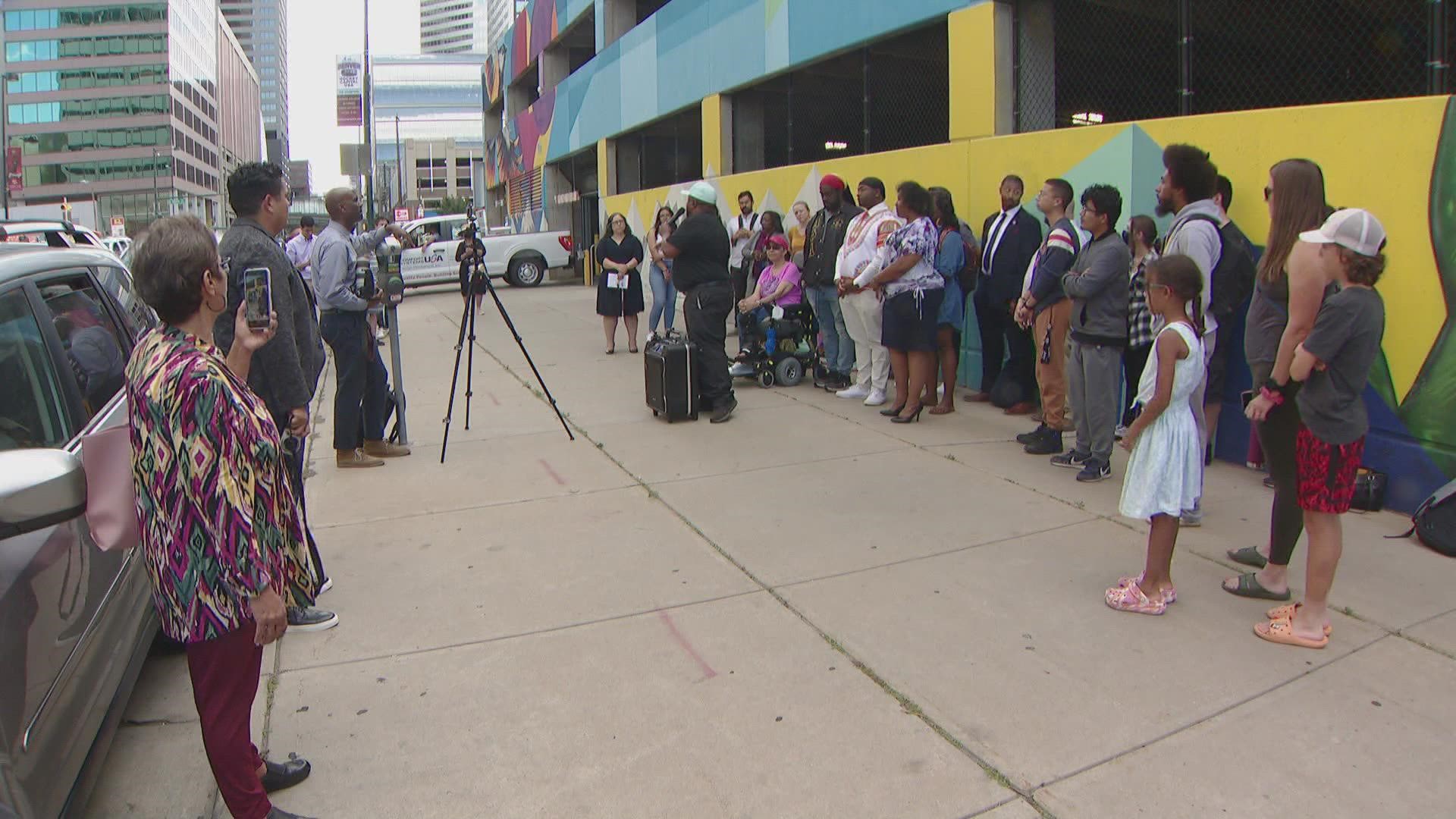DENVER — Denver Public Schools systematically denied the education rights of Black students in a special education program the district intended to shut down but did not, a report from the state department of education found.
The "affective needs" program for students with emotional disabilities includes a disproportionate number of Black boys. The State Complaints Officer found a long list of issues with how the district placed and evaluated the students in that program.
It said the district failed to appropriately determine the eligibility of students, failed to try to educate them in more traditional classroom environments, denied parents participation in the program and failed to revise student education plans.
In 2020, the district had a plan to close the affective needs program, calling it "one of our most glaring examples of institutionalized racism."
Last week, the district said it couldn't close it down after all because it didn't have an alternative ready -- and it wanted to address equity issues in other programs simultaneously.
Superintendent Alex Marrero said he's identified special education as "a system to be dismantled" at Monday night's board of education meeting. However, Marrero did not give specifics on how the district planned to do so.
"We will do better. We have no choice," he said.
Activists and community members gathered outside the board meeting Monday in protest of the district's equity issues, including a continued gap between white, Black and Latino student test scores in literacy and math.
"It's shown us disparities, it's shown us gaps, and at the end of the day, it's shown us racism," said MiDian Holmes, a mother who raised three students in DPS schools.
"It doesn't surprise me," she said of the data and state report. "It hurts to know that there are other families that are living a parallel world that I lived when I was raising my sons through DPS."
Board of education members attended the protest gathering as well -- and echoed the call for more equity within the district.
"We cannot continue to do the same thing expecting different results, because that's the very definition of insanity," board member Michelle Quattlebaum said.
She also did not give specifics on how she wants the district to approach the equity issue.
"I don't have all the answers," she said. "If I had all the answers, this problem would have been solved."
In a statement, school board president Xóchitl Gaytán said she is "appalled" that the district isn't equitably serving students of color and that she supports the superintendent's efforts to rectify the problem.
"He is doing exactly what we want, which is to expose the systems and practices that do not serve our children. Dr. Marrero is working on replacing them with practices that focus on racial and educational equity that lead our students to becoming conscientious global learners," Gaytán said.
In response to the state report, the district said it will work on more training for teachers involved in the affective needs program. It is required to submit a corrective action plan to the state by Oct. 10.
SUGGESTED VIDEOS: Education stories from 9NEWS

